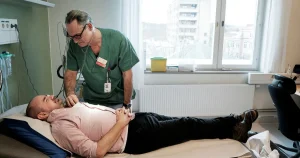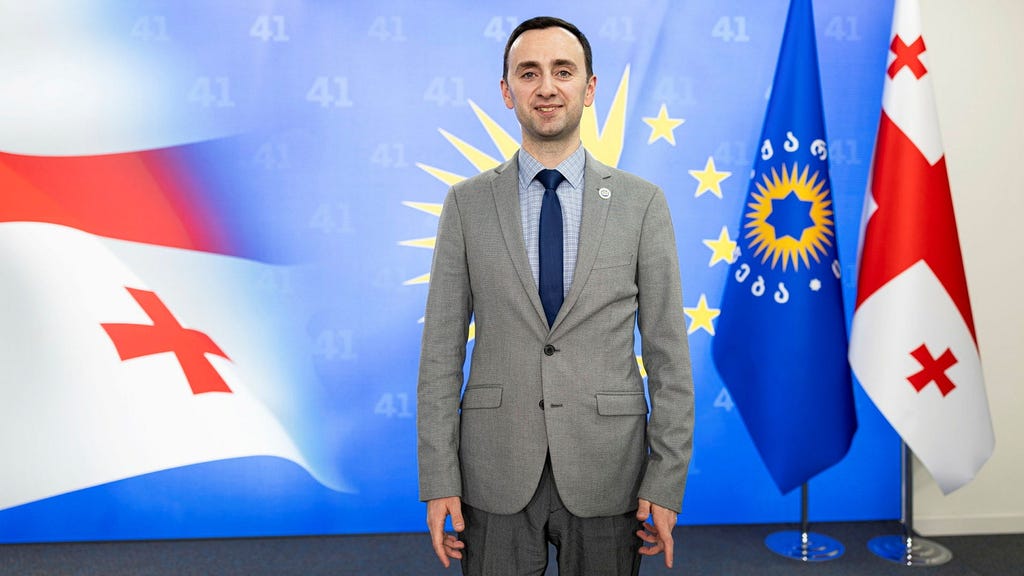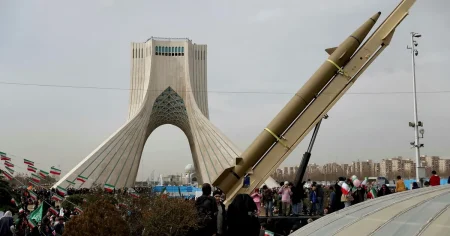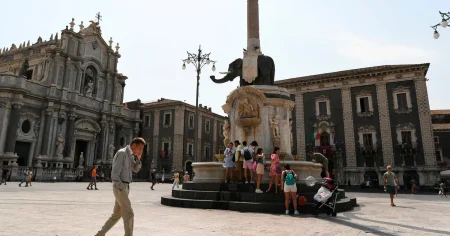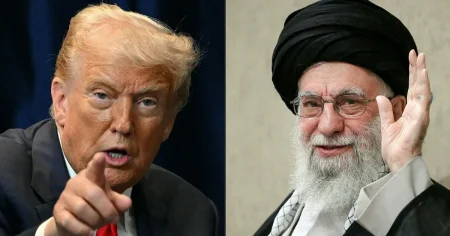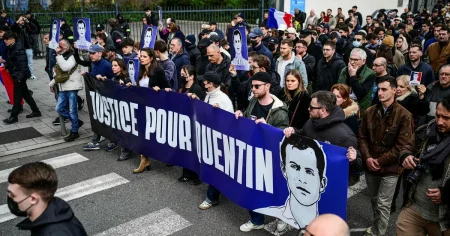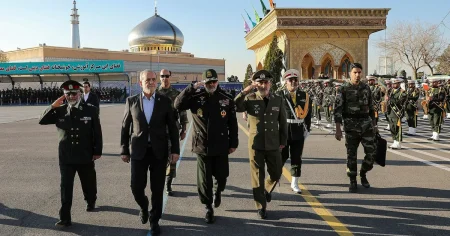Paragraph 1: The Genesis of Georgian Protests and the Shadowy Figure of Ivanishvili
The heart of Tbilisi, Georgia’s capital, pulsates with ongoing protests against the ruling Georgian Dream (GD) government and the immensely influential Bidzina Ivanishvili, a billionaire oligarch often described as the power behind the throne. These demonstrations, rooted in a deep-seated fear of Russian influence and a desire for closer ties with the European Union, have been met with a brutal crackdown by police, security forces, and unidentified men in black, widely believed to be government-affiliated. Hundreds of protesters have been arrested, many after documented instances of police brutality. This undercurrent of unrest stems from a growing perception that Ivanishvili is steering Georgia away from its pro-Western trajectory and back into the orbit of Russia, a historical adversary that still occupies 20% of Georgian territory.
Paragraph 2: The Spark that Ignited the Demonstrations: EU Accession Delays and the "Foreign Agents" Law
The immediate catalyst for the current wave of protests was Prime Minister Irakli Kobachidze’s November announcement that Georgia, an official EU candidate country, wouldn’t begin accession negotiations for another four years. This statement came after the EU had already suspended Georgia’s accession process in response to the GD government’s adoption of a controversial "foreign agents" law, reminiscent of similar legislation in Russia. This law, viewed as a tool to suppress dissent and restrict civil society organizations, further fueled public anger and strengthened the resolve of pro-EU Georgians who see membership as crucial for the country’s future. The opposition had hoped for stronger EU action, including sanctions against Ivanishvili and other key figures within the GD, but this has been hampered by internal divisions within the EU.
Paragraph 3: EU Division and the Veto Power of Hungary and Slovakia
While some EU members, particularly the Baltic states, have unilaterally imposed sanctions related to the crackdown on protesters and the perceived backsliding on democratic values, a united front against the Georgian government has yet to materialize. Hungary and Slovakia, known for their closer ties with Russia and their resistance to supporting Ukraine, vetoed a broader EU sanctions package. Hungary’s foreign minister even lauded the GD government as "peace-oriented" and "patriotic," accusing the rest of the EU of hypocrisy. This division within the EU plays directly into the hands of the GD government, allowing them to continue their balancing act between professing a desire for EU membership while simultaneously undermining the very values and principles that underpin the Union.
Paragraph 4: The Georgian Government’s Double Game and the Silence on Russia
The GD government’s rhetoric regarding the EU is characterized by a carefully crafted ambiguity. While publicly acknowledging the goal of EU membership, they frequently criticize EU member states for allegedly supporting illegal protests and attempting to orchestrate a coup. Conspicuously absent from their discourse is any criticism of Russia or President Putin. In fact, the GD government appears to welcome closer ties with Moscow, evidenced by recent statements from Putin’s spokesperson expressing a willingness to normalize relations. This apparent pivot towards Russia further reinforces the protesters’ fears that Georgia’s sovereignty and its Euro-Atlantic aspirations are being jeopardized.
Paragraph 5: Conflicting Narratives on Georgia’s EU Path: Government Assurances vs. Public Skepticism
The GD government, represented by figures like Levan Machasjvili, chairman of the parliamentary committee for EU integration, insists that the pause in accession talks is insignificant and that Georgia remains firmly on the path to EU membership. They portray the protests as based on a misunderstanding and claim that Georgia will be ready for membership within two years. However, these assurances are met with deep skepticism by the protesters, who view them as empty promises meant to quell dissent. The government’s previous actions, such as the temporary withdrawal and subsequent reintroduction of the "foreign agents" law, have eroded public trust.
Paragraph 6: The Protesters’ Fears and their Call for Strong EU Action
The protesters on the streets of Tbilisi remain unconvinced by the government’s reassurances. They fear for the future of their country and see the GD’s actions as a deliberate attempt to undermine Georgia’s independence and steer it towards Russian influence. They believe that only strong action from the EU, including targeted sanctions against key figures within the government and those responsible for the violent crackdown, can effectively pressure Ivanishvili and reverse the current trajectory. Their call for EU intervention is a desperate plea to safeguard Georgia’s sovereignty and its aspirations for a democratic future within the European community. They perceive the situation as a fight for their very survival as an independent nation, constantly aware of the looming threat of further Russian intervention. The protests represent a clash between those who envision a European future for Georgia and those who, behind a facade of pro-EU rhetoric, appear to be guiding the country back towards Moscow’s embrace.



